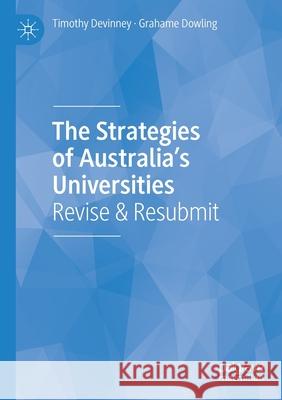The Strategies of Australia's Universities: Revise & Resubmit » książka
topmenu
The Strategies of Australia's Universities: Revise & Resubmit
ISBN-13: 9789811533990 / Angielski / Miękka / 2021 / 230 str.
The Strategies of Australia's Universities: Revise & Resubmit
ISBN-13: 9789811533990 / Angielski / Miękka / 2021 / 230 str.
cena 402,53
(netto: 383,36 VAT: 5%)
Najniższa cena z 30 dni: 385,52
(netto: 383,36 VAT: 5%)
Najniższa cena z 30 dni: 385,52
Termin realizacji zamówienia:
ok. 16-18 dni roboczych.
ok. 16-18 dni roboczych.
Darmowa dostawa!
Kategorie:
Kategorie BISAC:
Wydawca:
Palgrave MacMillan
Język:
Angielski
ISBN-13:
9789811533990
Rok wydania:
2021
Wydanie:
2020
Ilość stron:
230
Waga:
0.30 kg
Wymiary:
21.01 x 14.81 x 1.35
Oprawa:
Miękka
Wolumenów:
01
Dodatkowe informacje:
Wydanie ilustrowane











